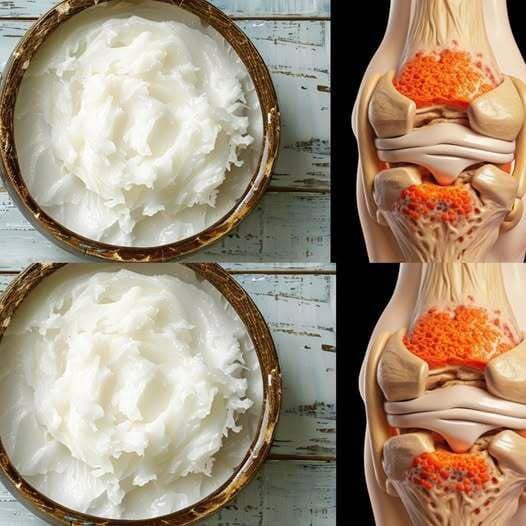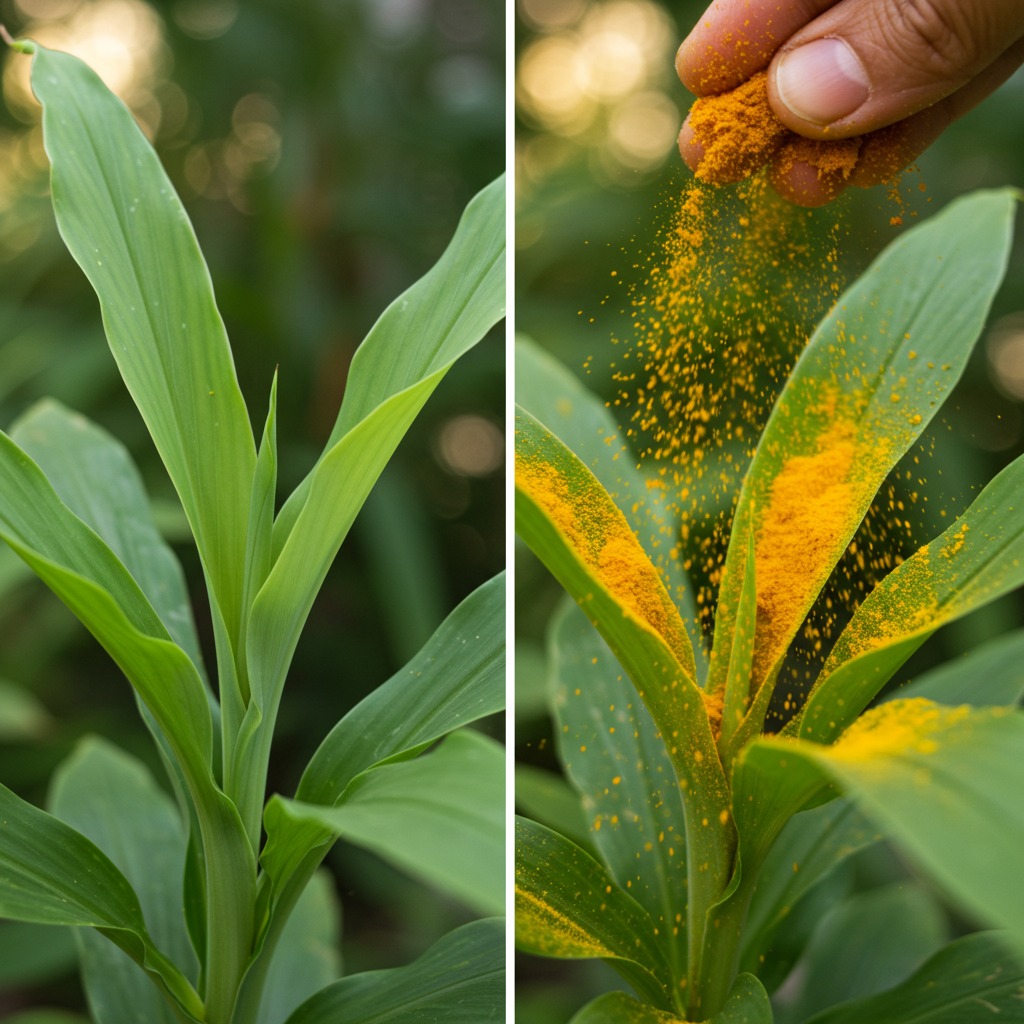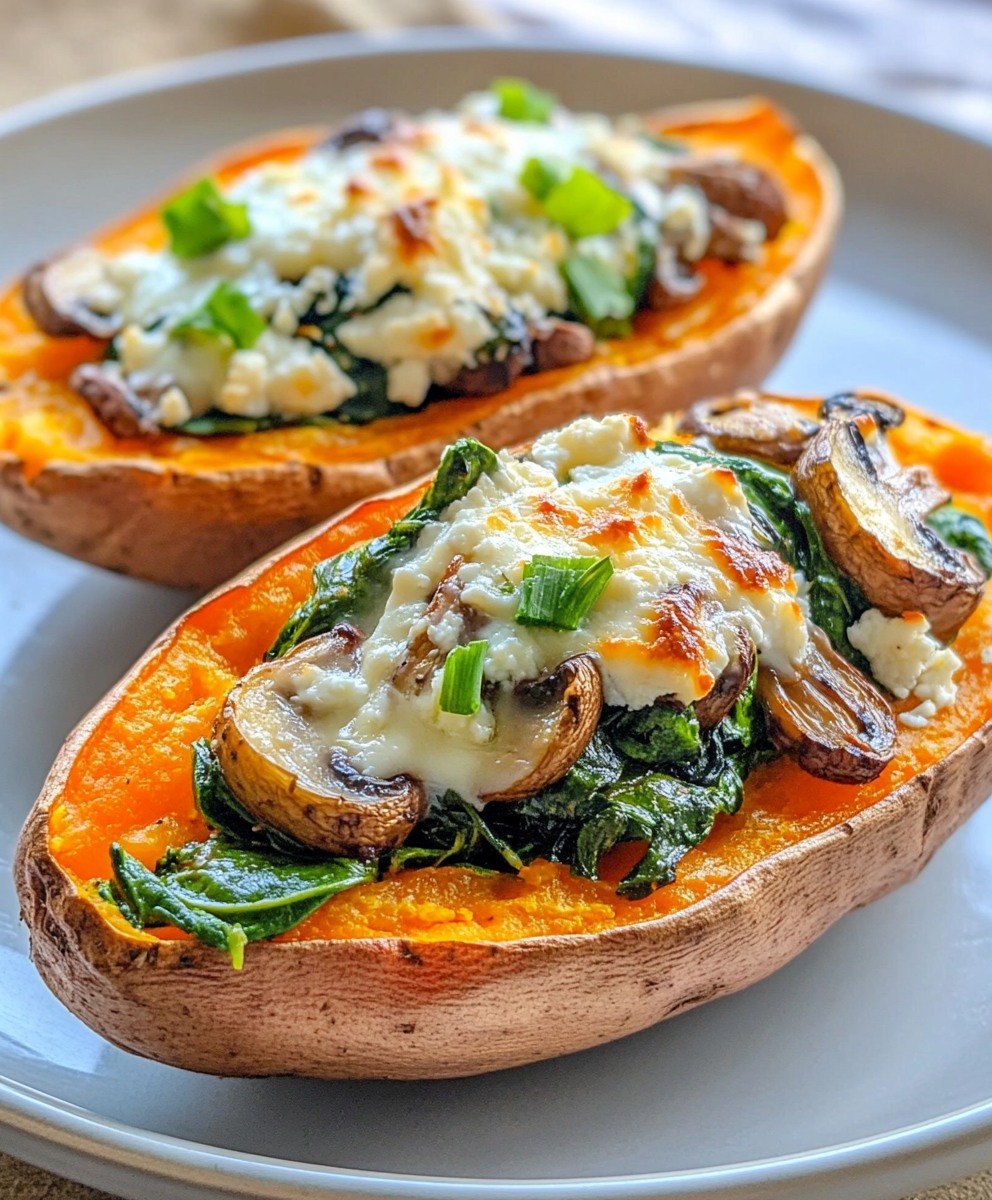Knee pain and stiffness, especially as we age, are common complaints. A primary cause of this discomfort is cartilage breakdown, which occurs as the protective layer between bones deteriorates. While there are many treatments available, one of the most effective ways to rebuild and maintain knee cartilage is through nutrition. By focusing on foods that promote collagen production, reduce inflammation, and nourish the body’s connective tissues, you can support the regeneration of cartilage and enhance your joint health. Below is a detailed look at some of the top foods to include in your diet to help rebuild knee cartilage.
1. Bone Broth
Why: Bone broth is one of the best foods to rebuild knee cartilage. It is rich in collagen, glucosamine, and chondroitin—key substances involved in cartilage repair. Collagen, in particular, is a critical component of cartilage and can help in regenerating this vital connective tissue. Moreover, the gelatin in bone broth helps lubricate joints, which can reduce stiffness and discomfort.
How to Use: You can drink a cup of bone broth daily to reap the benefits. It can also be used as a base for soups, stews, or sauces, adding both flavor and nutritional value. Bone broth is not only nutritious but also easy to digest, making it an excellent addition to your diet for joint health.
Additional Tip: You can make your own bone broth at home by simmering bones from grass-fed beef, chicken, or fish with water, vegetables, and herbs for several hours. Store it in the fridge or freezer to enjoy whenever needed.
2. Fatty Fish (Salmon, Mackerel, Sardines)
Why: Fatty fish are rich in omega-3 fatty acids, which are known for their anti-inflammatory properties. Chronic inflammation is one of the major contributors to cartilage degradation. Omega-3s reduce inflammation in the joints, thus minimizing cartilage breakdown and potentially promoting repair. In addition, these fish are high in vitamin D, which is essential for maintaining bone health.
How to Use: Aim to consume 2-3 servings of fatty fish each week. You can grill, bake, or even enjoy them in salads and sandwiches. Fatty fish can be an excellent protein source in your meals, ensuring you get both the healthy fats and nutrients required for cartilage repair.
Fun Tip: Try a delicious salmon salad with leafy greens and a light olive oil dressing, or include mackerel in your pasta or rice dishes for an added nutrient boost.
3. Leafy Greens (Spinach, Kale, Broccoli)
Why: Leafy greens are rich in vitamins C and K, both of which play a critical role in supporting the health of cartilage. Vitamin C is vital for collagen production, while vitamin K is essential for bone mineralization. Together, they contribute to the integrity of cartilage and help reduce the risk of cartilage breakdown.
How to Use: You can incorporate leafy greens into your daily meals in various ways. Add spinach or kale to salads, stir-fries, soups, or smoothies. Broccoli can be steamed or roasted and served as a side dish, or added to salads and casseroles.
Recipe Idea: Try a kale salad with lemon vinaigrette or blend spinach into your morning smoothie for a nutrient-dense start to the day.
4. Citrus Fruits (Oranges, Lemons, Grapefruits)
Why: Citrus fruits are packed with vitamin C, which is a powerful antioxidant that protects cartilage from oxidative damage. Vitamin C is also a precursor to collagen synthesis, making it an essential nutrient for cartilage regeneration. Additionally, citrus fruits provide hydration, which is crucial for maintaining healthy, lubricated joints.
How to Use: Eating citrus fruits fresh is the best way to obtain the full range of their nutrients. Enjoy them as a snack or squeeze them into water for a refreshing drink. Add slices of lemon or orange to your salads for an extra burst of flavor.
Tip: For a refreshing snack, pair orange slices with a handful of almonds or walnuts to provide healthy fats and further promote joint health.
5. Nuts and Seeds (Almonds, Walnuts, Chia Seeds, Flaxseeds)
Why: Nuts and seeds are packed with omega-3 fatty acids, vitamin E, and antioxidants—all of which play a role in reducing inflammation and protecting cartilage from damage. Vitamin E, in particular, has been shown to help protect the joint lining from oxidative stress, which can contribute to cartilage degeneration.
How to Use: Snack on a handful of nuts daily or sprinkle seeds like chia and flaxseeds over oatmeal, yogurt, or smoothies. Almonds and walnuts are also delicious in salads or baked goods.
Tip: Consider making a trail mix using almonds, walnuts, and chia seeds, combined with dried fruits for a tasty and nutritious snack.
6. Berries (Blueberries, Strawberries, Raspberries)
Why: Berries are rich in antioxidants, which help combat inflammation and protect cartilage from oxidative damage. Chronic inflammation in the joints can lead to cartilage breakdown, so antioxidants are vital in reducing this risk. Berries are also high in vitamin C, which is essential for collagen synthesis, further supporting cartilage health.
How to Use: Enjoy berries as a snack or add them to your morning smoothie, yogurt, or cereal. They can also be incorporated into baked goods like muffins or mixed into salads for a sweet and tangy flavor.
Fun Fact: Berries, especially blueberries, are rich in anthocyanins, which have been shown to help protect against joint inflammation and promote cartilage repair.
7. Avocado
Why: Avocados are rich in healthy fats, particularly monounsaturated fats, which help reduce inflammation. They also contain vitamin E, which supports the regeneration of cartilage tissue. Vitamin E has antioxidant properties that protect the cartilage from damage caused by oxidative stress.
How to Use: Add avocado to salads, sandwiches, or spreads. It can also be blended into smoothies for a creamy texture or spread on toast for a healthy breakfast.
Recipe Tip: Mash avocado with a bit of lemon juice, salt, and pepper for a simple and nutritious spread or dip.
8. Garlic and Onions
Why: Garlic and onions contain sulfur compounds, such as allicin and quercetin, that support cartilage repair and help reduce joint pain. These compounds have anti-inflammatory properties and can help regenerate the cartilage in the joints. Additionally, garlic and onions support overall immune health, reducing the risk of infection or further inflammation in the joints.
How to Use: Incorporate garlic and onions into your cooking daily. They can be added to soups, stews, stir-fries, or roasted dishes. Try using fresh garlic in salad dressings or as a seasoning for meats and vegetables.
Health Tip: Garlic is particularly beneficial when eaten raw or lightly cooked, as it preserves its powerful sulfur compounds.
9. Whole Grains (Quinoa, Brown Rice, Oats)
Why: Whole grains are rich in complex carbohydrates, fiber, and B-vitamins, which help fuel joint repair and reduce inflammation. By swapping refined grains for whole grains, you can reduce the intake of inflammatory substances like refined sugars and white flour.
How to Use: Include whole grains in your meals by opting for quinoa, brown rice, or oats as a base for salads, stews, or breakfast bowls.
Healthy Swap: Replace white rice with brown rice or use quinoa as a substitute for couscous or pasta in salads and side dishes.
10. Legumes (Lentils, Chickpeas, Black Beans)
Why: Legumes are rich in protein and amino acids, which are essential for the synthesis of collagen and cartilage repair. Additionally, they provide fiber, which helps reduce inflammation throughout the body and support overall gut health, which is crucial for nutrient absorption.
How to Use: Add legumes to soups, stews, salads, or grain-based dishes. You can also make hummus or bean dips for a healthy snack.
Recipe Tip: Try a hearty lentil soup with garlic, onions, and leafy greens to nourish your joints while keeping you full.
Bonus Tips for Joint Health
- Stay Hydrated: Water is essential for keeping cartilage hydrated and pliable. Dehydration can cause cartilage to dry out and lose its shock-absorbing properties.
- Avoid Processed Foods: Limit your intake of sugar and refined carbs, as they can worsen inflammation and hinder cartilage repair.
- Incorporate Turmeric: Turmeric contains curcumin, a compound with powerful anti-inflammatory properties that can help reduce joint pain and support cartilage repair.
Sample Daily Meal Plan for Cartilage Health
Breakfast: Start your day with a smoothie made from spinach, berries, chia seeds, and almond milk.
Lunch: Enjoy a quinoa salad with kale, avocado, and grilled salmon for an omega-3 boost.
Snack: Have a handful of walnuts or an orange for a healthy snack.
Dinner: Warm up with a bone broth soup with lentils, garlic, and broccoli for a nutrient-rich, joint-supporting meal.
By incorporating these nutrient-rich foods into your diet, you can support the regeneration of knee cartilage, reduce inflammation, and improve mobility. Along with these dietary changes, regular exercise and joint-friendly habits will provide the best results, helping you live pain-free and keep your joints in optimal health.





